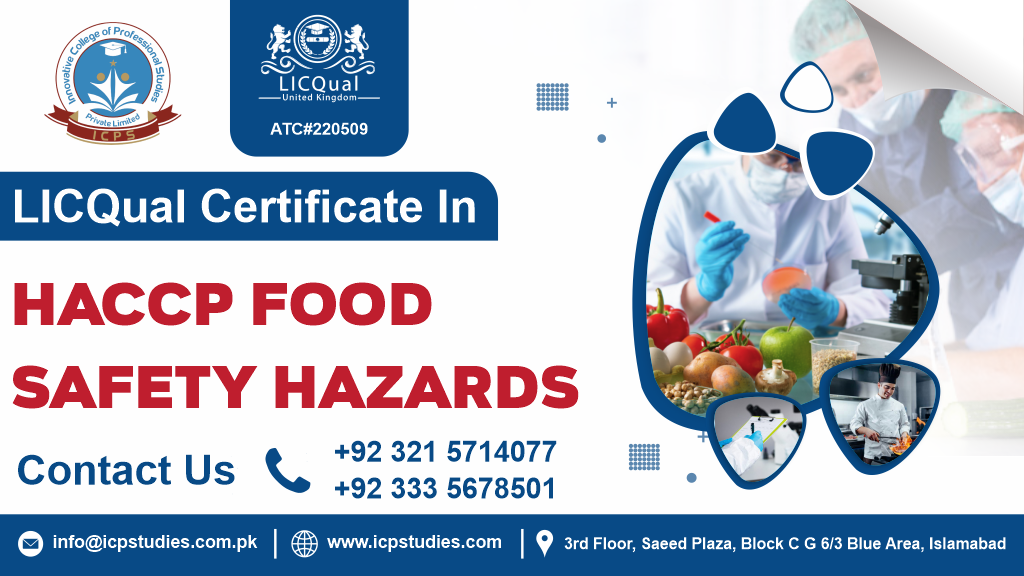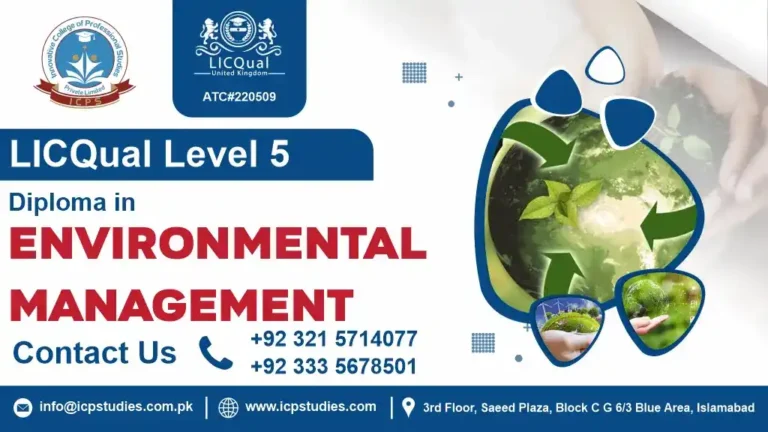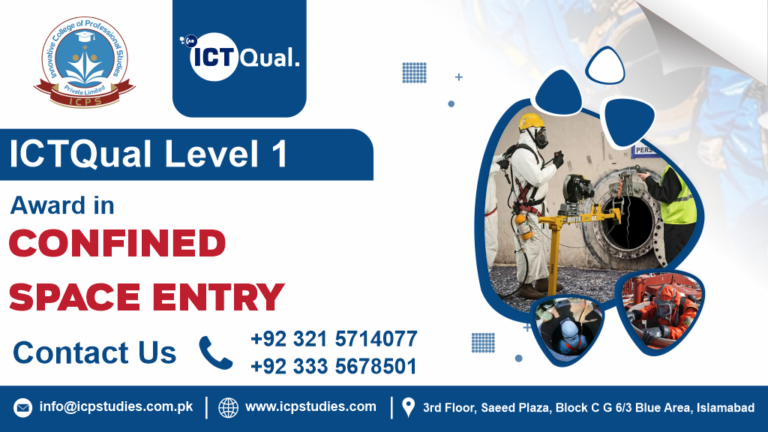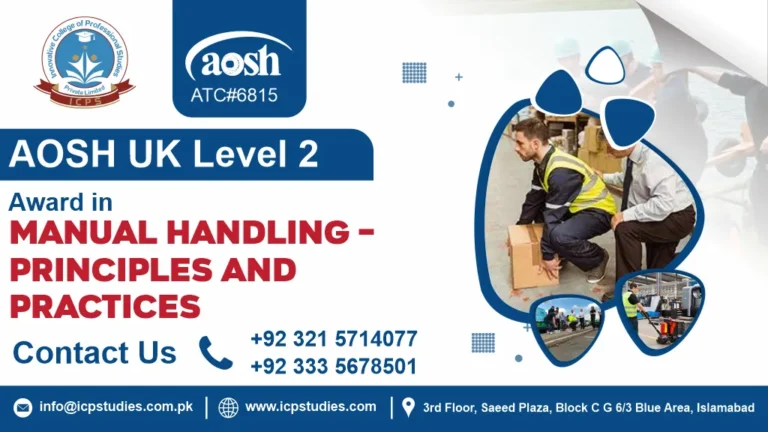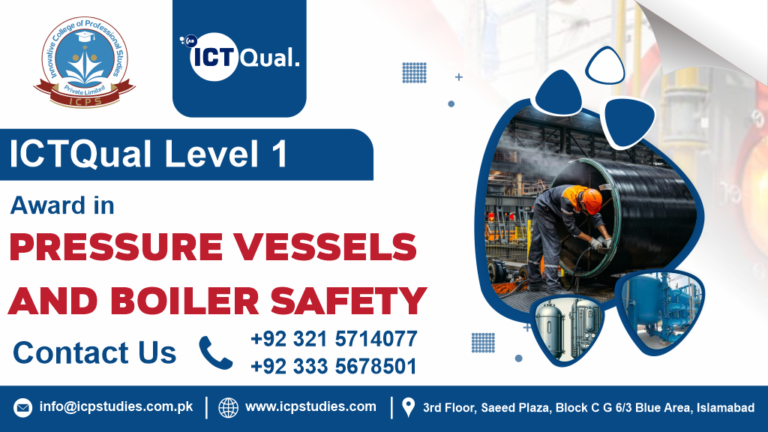In today’s global food industry, ensuring the safety and quality of food products is more critical than ever. The Hazard Analysis and Critical Control Points (HACCP) system is a pivotal framework used worldwide to manage food safety hazards. A Certificate in HACCP Food Safety Hazards equips professionals with the knowledge and skills needed to identify, evaluate, and control these hazards, safeguarding public health and enhancing consumer confidence.
HACCP is an internationally recognized system for reducing the risk of safety hazards in food. The system, originally developed by NASA in collaboration with Pillsbury to ensure the safety of astronaut food, has become the gold standard for food safety management globally. HACCP focuses on preventing hazards that could cause foodborne illnesses by applying science-based controls from raw material production to consumption.
A Certificate in HACCP Food Safety Hazards is a valuable credential for anyone dedicated to ensuring food safety. It not only provides the knowledge and skills necessary to implement effective food safety management systems but also opens doors to new career opportunities. By obtaining this certification, you can play a crucial role in protecting public health and maintaining the highest standards of food safety in your organization. Whether you are a seasoned professional or new to the food industry, investing in HACCP certification is a smart move toward a safer and more successful career.
All About Certificate in HACCP Food Safety Hazards
Course Overview
A Certificate in HACCP Food Safety Hazards is a professional credential that signifies an individual’s comprehensive understanding and expertise in the Hazard Analysis and Critical Control Points (HACCP) system, specifically focused on identifying, evaluating, and controlling food safety hazards. This certification is essential for ensuring the safety and quality of food products throughout the food supply chain.
A Certificate in HACCP Food Safety Hazards is a valuable credential for professionals dedicated to ensuring the safety and quality of food products. It signifies a thorough understanding of the HACCP system and its application in real-world scenarios. By obtaining this certification, individuals can play a crucial role in protecting public health, enhancing consumer confidence, and advancing their careers in the food industry.
Study Units
- Introduction to HACCP Principles
- Identifying Food Safety Hazards
- Critical Control Points (CCPs) and Control Measures
- Developing HACCP Plans
- HACCP Implementation and Monitoring
- Verification and Maintenance of HACCP Systems
- Practical Case Studies and Real-world Applications
Admission Criteria
Introduction to HACCP Principles
Learning Outcomes:
- Understand the history and evolution of the HACCP system.
- Explain the fundamental principles and objectives of HACCP.
- Recognize the significance of HACCP in ensuring food safety and protecting public health.
- Identify the key components of a food safety management system.
Identifying Food Safety Hazards
Learning Outcomes:
- Identify different types of food safety hazards, including biological, chemical, and physical hazards.
- Understand the sources and potential impacts of various food safety hazards.
- Conduct a thorough hazard analysis in different food production scenarios.
- Develop strategies for preventing and controlling identified hazards.
Critical Control Points (CCPs) and Control Measures
Learning Outcomes:
- Define and identify Critical Control Points (CCPs) in the food production process.
- Establish appropriate control measures for each CCP to prevent, eliminate, or reduce food safety hazards.
- Set critical limits for each CCP to ensure effective hazard control.
- Develop monitoring procedures to ensure CCPs remain within critical limits.
Developing HACCP Plans
Learning Outcomes:
- Outline the steps involved in developing a comprehensive HACCP plan.
- Document potential hazards, CCPs, critical limits, monitoring procedures, and corrective actions in a HACCP plan.
- Integrate HACCP principles with other food safety management systems and standards.
- Tailor HACCP plans to specific food production processes and environments.
HACCP Implementation and Monitoring
Learning Outcomes:
- Apply HACCP plans effectively in various food production and processing environments.
- Train and engage staff in the implementation and maintenance of HACCP plans.
- Manage the integration of HACCP plans with daily operations and workflows.
- Develop and execute monitoring procedures to ensure ongoing compliance with HACCP plans.
Verification and Maintenance of HACCP Systems
Learning Outcomes:
- Understand the importance of verification activities in ensuring the effectiveness of HACCP systems.
- Develop and implement verification procedures, including testing, auditing, and review processes.
- Maintain accurate and comprehensive documentation as part of the HACCP system.
- Use records and data to identify areas for improvement and to ensure continuous compliance.
Practical Case Studies and Real-world Applications
Learning Outcomes:
- Analyze and evaluate real-world case studies to understand the application of HACCP principles in different contexts.
- Apply HACCP knowledge to solve practical food safety challenges.
- Develop critical thinking and problem-solving skills in the context of food safety management.
- Learn from the successes and failures of HACCP implementation in various industries.
Conclusion
By completing these study units, participants will gain a comprehensive understanding of HACCP principles and their practical application in ensuring food safety. The learning outcomes will equip them with the skills necessary to develop, implement, and maintain effective HACCP systems, enhancing their ability to protect public health and advance their careers in the food industry.
Ideal Candidat
Academic Qualifications
- High School Diploma or Equivalent: Applicants should have completed secondary education, obtaining a high school diploma or equivalent qualification.
- Basic Understanding of Science: A foundational knowledge of biology and chemistry is recommended, as these subjects are relevant to food safety and contamination.
Professional Experience
- Food Industry Experience: While not mandatory, it is beneficial for applicants to have some experience working in the food industry. This could include roles in food production, quality assurance, food service, or related fields.
- Health and Safety Knowledge: Familiarity with basic health and safety practices in a workplace setting is advantageous.
Language Proficiency
- English Proficiency: Since the course will be conducted in English, applicants should have a good command of the language. Non-native English speakers may need to provide proof of proficiency, such as a TOEFL or IELTS score, or equivalent.
Technical Skills
- Basic Computer Skills: Participants should be comfortable using computers and common software applications, as the course may include online components, assignments, and assessments.
Personal Attributes
- Attention to Detail: Given the importance of meticulousness in food safety, applicants should demonstrate strong attention to detail.
- Analytical Thinking: The ability to analyze information and solve problems is crucial for identifying and addressing food safety hazards.
- Commitment to Food Safety: A genuine interest in food safety and a commitment to maintaining high standards in the food industry are essential qualities for participants.
Application Materials
- Application Form: Complete and submit the official course application form.
- Resume/CV: Provide an updated resume or curriculum vitae detailing your educational background and professional experience.
- Statement of Purpose: Write a brief statement explaining your interest in the course, your career goals, and how the certification will help you achieve them.
- References: Provide contact information for at least one professional or academic reference who can attest to your qualifications and suitability for the course.
Optional Requirements
- Previous Training: Any prior training or certification in food safety, quality management, or related fields will be considered a plus.
By meeting these entry requirements, applicants can ensure they are well-prepared to engage with the course material and successfully achieve the Certificate in HACCP Food Safety Hazards.
Learning Outcomes
The Certificate in HACCP Food Safety Hazards is designed for a wide range of professionals and students in the food industry who are dedicated to ensuring food safety and quality. This course is particularly beneficial for:
Quality Assurance Managers
- Role: Oversee the quality and safety of food products throughout the production process.
- Benefits: Enhance your ability to develop, implement, and manage HACCP systems, ensuring compliance with food safety regulations and standards.
Food Safety Auditors
- Role: Conduct audits to ensure food production facilities adhere to safety standards and regulations.
- Benefits: Gain in-depth knowledge of HACCP principles and practices, enabling you to perform more thorough and effective audits.
Production Supervisors
- Role: Manage daily operations in food production environments, ensuring processes run smoothly and safely.
- Benefits: Equip yourself with the skills to identify and control potential hazards, ensuring the safety and quality of food products.
Food Service Managers
- Role: Oversee the operation of food service establishments, including restaurants, cafeterias, and catering services.
- Benefits: Learn how to implement and monitor HACCP plans in food service settings, improving overall food safety and customer satisfaction.
Regulatory Affairs Specialists
- Role: Ensure that food products comply with all relevant laws and regulations.
- Benefits: Develop a comprehensive understanding of HACCP systems, aiding in the development of policies and procedures that meet regulatory requirements.
Food Scientists and Technologists
- Role: Research and develop new food products and processes, focusing on safety, quality, and efficiency.
- Benefits: Enhance your ability to design safe food production processes and contribute to the development of innovative, safe food products.
Food Production Workers
- Role: Work directly in the food production process, handling, processing, and packaging food products.
- Benefits: Gain valuable knowledge and skills to recognize and address potential food safety hazards in your daily work.
Students and Recent Graduates
- Role: Individuals studying or recently graduated in food science, microbiology, nutrition, or related fields.
- Benefits: Strengthen your resume with a specialized certification, improving your employment prospects in the food industry.
Small Business Owners
- Role: Owners of small food businesses such as bakeries, cafes, and local food producers.
- Benefits: Learn how to implement effective food safety management systems, ensuring the safety and quality of your products and protecting your business from potential hazards.
Health Inspectors and Public Health Officials
- Role: Inspect food establishments and enforce health and safety regulations.
- Benefits: Acquire a deeper understanding of HACCP systems, enhancing your ability to assess compliance and recommend improvements.
Conclusion
The Certificate in HACCP Food Safety Hazards is ideal for anyone involved in the food industry who is committed to ensuring the highest standards of food safety. Whether you are a seasoned professional looking to deepen your expertise or a newcomer seeking to build a foundation in food safety management, this course provides the essential knowledge and skills to excel in your role and contribute to safer food production practices.
FAQs about Certificate in HACCP Food Safety Hazards

